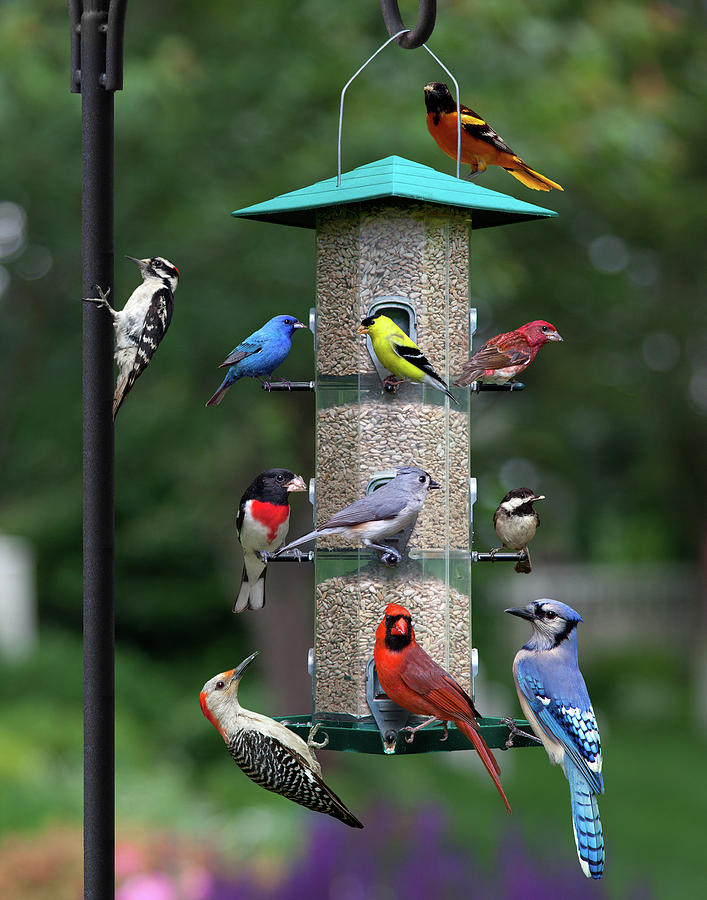“Let food be thy medicine and medicine be thy food.” – Hippocrates. This ancient wisdom applies not only to humans but to our avian friends as well. Ensuring your birds receive the best nutrition is paramount to their health and happiness. Birds, like any other pets, thrive on a balanced diet that caters to their specific dietary needs. According to the American Pet Products Association, approximately 5.7 million U.S. households own pet birds, highlighting the importance of understanding what constitutes a feathered feast.
Understanding Bird Nutrition
Birds are incredibly diverse, with dietary requirements varying significantly among species. Whether you have a parrot, finch, or canary, it’s crucial to tailor their diet to meet their specific needs. The key to a healthy bird diet lies in variety, quality, and balance. Here’s an in-depth look at the essential components of a bird’s diet:
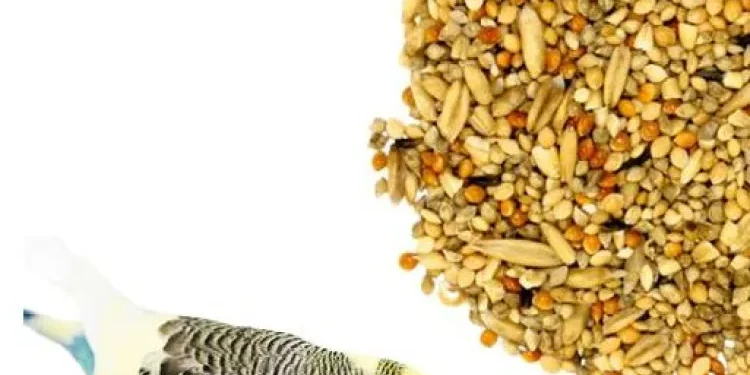
Seeds and Grains
Seeds and grains form a significant part of many birds’ diets. However, a diet solely based on seeds can lead to nutritional deficiencies. While seeds are rich in fat and provide necessary energy, they often lack essential vitamins and minerals. It’s important to offer a mix of seeds along with other food types to ensure a well-rounded diet.
Fruits and Vegetables
Fresh fruits and vegetables are vital for a bird’s health. They are excellent sources of vitamins, minerals, and antioxidants. Leafy greens like spinach and kale, along with fruits such as apples, bananas, and berries, should be included in their daily diet. Always ensure that the produce is thoroughly washed to remove any pesticides.
Pellets
Pellets are specially formulated to provide a balanced diet for birds. They are designed to include all the necessary nutrients, eliminating the guesswork involved in feeding. Pellets should constitute a significant portion of the diet, especially for species that have high nutritional needs.
Protein Sources
Birds need protein for muscle development and overall health. Sources such as cooked eggs, beans, and small amounts of lean meat can be beneficial. However, it’s important to avoid excessive protein as it can lead to health issues.
Supplements
Depending on the bird species and its diet, supplements such as calcium, vitamin D, and probiotics might be necessary. Always consult with an avian veterinarian before adding any supplements to your bird’s diet.
Special Considerations for Different Bird Species
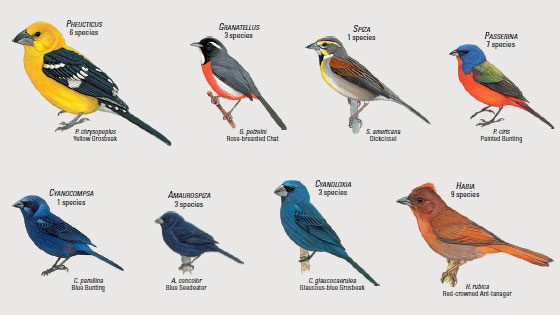
Parrots
Parrots require a diverse diet that includes fruits, vegetables, seeds, nuts, and pellets. They are prone to obesity, so it’s important to limit fatty foods and provide plenty of opportunities for exercise.
Canaries and Finches
These small birds thrive on a diet primarily composed of seeds and grains, but it’s essential to supplement their diet with fresh fruits and vegetables to provide necessary vitamins and minerals.
Budgerigars (Budgies)
Budgies need a varied diet that includes seeds, fruits, vegetables, and pellets. They are particularly fond of leafy greens and should have access to them regularly.
Common Dietary Mistakes to Avoid
Over-reliance on Seeds
While seeds are a staple in many birds’ diets, relying solely on them can lead to deficiencies in essential nutrients like calcium and vitamin A.
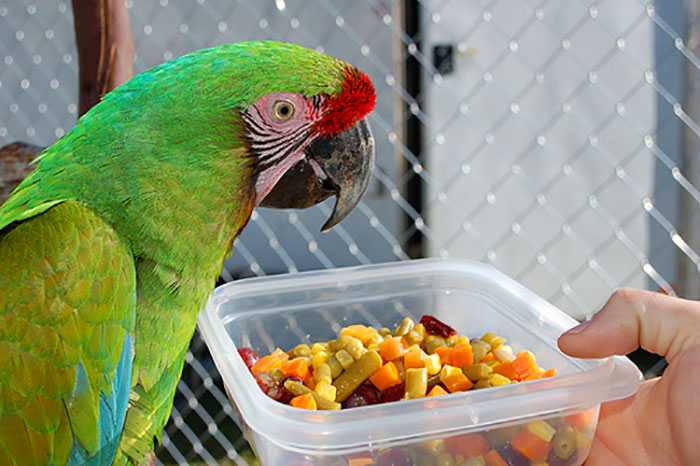
Offering Unhealthy Human Foods
Foods like chocolate, caffeine, alcohol, and salty snacks are toxic to birds. Always ensure that your feathered friends are kept away from these harmful substances.
Ignoring Fresh Water Needs
Birds need a constant supply of fresh water. Dehydration can lead to serious health problems, so it’s crucial to change their water daily and keep it clean.
Tips for Encouraging Healthy Eating Habits
Gradual Diet Changes
Birds can be picky eaters, so it’s important to introduce new foods gradually. Mixing new foods with their favorite treats can help them acclimate to dietary changes.
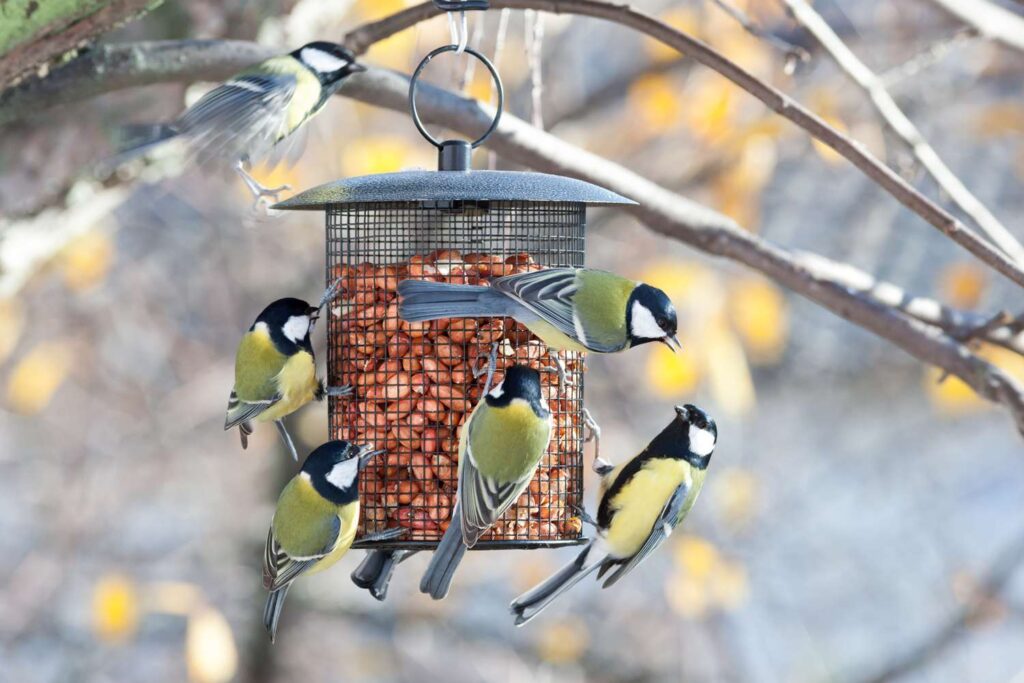
Interactive Feeding
Make feeding time fun by using foraging toys and puzzles. This not only provides mental stimulation but also encourages birds to eat a variety of foods.
Regular Vet Check-ups
Regular visits to an avian veterinarian can help ensure that your bird’s diet is on the right track. Vets can provide valuable insights and recommendations tailored to your bird’s specific needs.
Conclusion
Ensuring your birds receive the best possible diet is essential for their health and happiness. By understanding their nutritional needs and providing a balanced and varied diet, you can help your feathered friends live long, vibrant lives. Remember, a healthy bird is a happy bird, and with the right diet, you can create a feathered feast that keeps them chirping joyfully every day.



